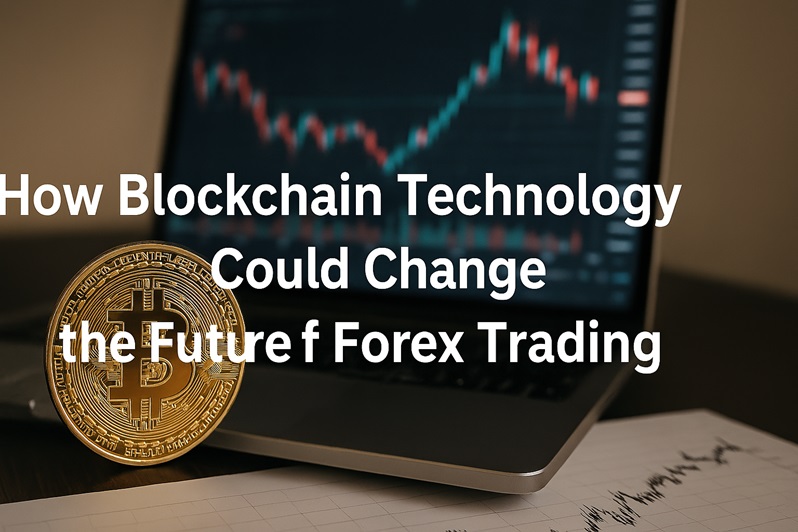
Blockchain technology has already begun transforming various industries—from finance and logistics to healthcare and real estate. Now, its potential impact on the Forex trading world is drawing attention. With promises of transparency, security, and decentralization, blockchain could revolutionize how currency transactions are executed and recorded. As the Forex market evolves, understanding the role of blockchain could be key to staying ahead.
Enhancing Transparency and Trust
One of blockchain’s most compelling features is its ability to create an immutable ledger. Every transaction is recorded in a distributed database, visible to all network participants. In the Forex world, this could reduce disputes and enhance trust between brokers, banks, and individual traders.
Currently, retail Forex trading depends on centralized platforms and intermediaries, often leading to opaque pricing, potential conflicts of interest, and limited auditability. Blockchain can change this by offering real-time settlement tracking, making trade history accessible and tamper-proof. This level of transparency can empower traders with better data and greater confidence.
Reducing Costs and Increasing Speed
Forex trading involves a complex network of intermediaries such as banks, clearinghouses, and payment processors. Each adds a layer of cost and delay. Blockchain has the potential to streamline this process through peer-to-peer networks and smart contracts that automate trade settlement.
With smart contracts, Forex trades could be executed and settled instantly once predefined conditions are met. This reduces counterparty risk and slashes operational costs. For high-frequency or cross-border traders, faster and cheaper execution could significantly enhance profitability and market access.
Improving Security and Reducing Fraud
Cybersecurity remains a critical concern in the Forex space. With billions traded daily, systems are frequently targeted by fraud, data breaches, and manipulation. Blockchain’s decentralized structure makes it highly resistant to tampering and unauthorized access.
Incorporating blockchain into Forex trading platforms can ensure greater data integrity, eliminate the single points of failure, and provide robust encryption across all trading records. This is especially valuable for regulatory compliance, as authorities could audit real-time trading activity without compromising privacy.
The Role of Tokenization and Stablecoins
Blockchain also enables the creation of tokenized assets and stablecoins, which could become new tools in Forex trading. Stablecoins pegged to fiat currencies can provide a bridge between crypto and Forex, offering stability with the advantages of digital assets.
Tokenized fiat currencies might one day replace or complement existing trading pairs, making cross-border currency exchanges more seamless. These innovations would allow traders to gain exposure to currency movements on decentralized platforms, potentially increasing market accessibility worldwide.
Conclusion
Blockchain technology holds immense potential to reshape Forex trading as we know it. From cutting transaction costs and enhancing transparency to improving security and enabling new forms of digital currency, the shift toward blockchain-based infrastructure could be one of the most significant evolutions in the market’s history. For forward-thinking traders, integrating blockchain knowledge and tools could offer a decisive advantage in the years ahead.
FAQs
Can blockchain eliminate intermediaries in Forex trading?
It can reduce reliance on traditional intermediaries through decentralized networks and smart contracts.
Will Forex be fully decentralized in the future?
Full decentralization is possible but depends on regulatory acceptance and market-wide infrastructure changes.
Is blockchain already used in Forex?
Some brokers and platforms have begun experimenting with blockchain for settlement and data integrity.
How do stablecoins relate to Forex trading?
They provide digital equivalents of fiat currencies, facilitating faster and more stable transactions.
Is blockchain secure enough for high-volume Forex trading?
Yes, blockchain offers strong encryption and distributed control, which enhances security and reduces fraud risk.
